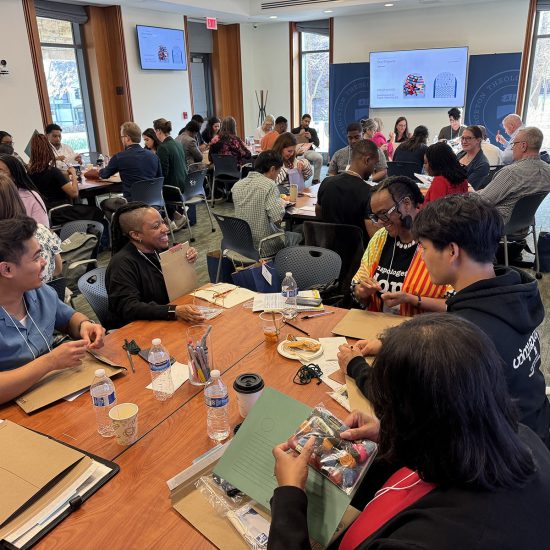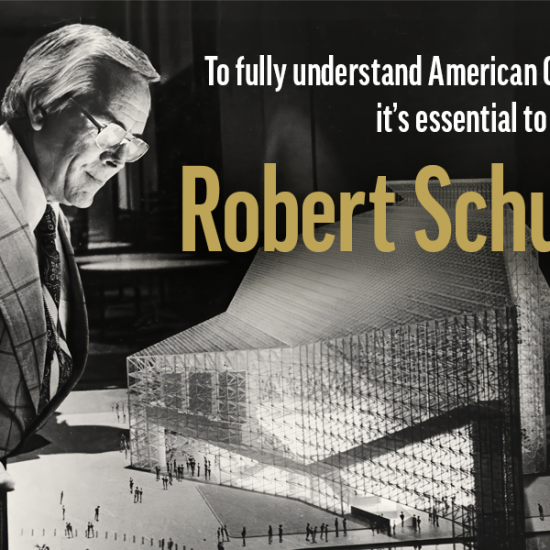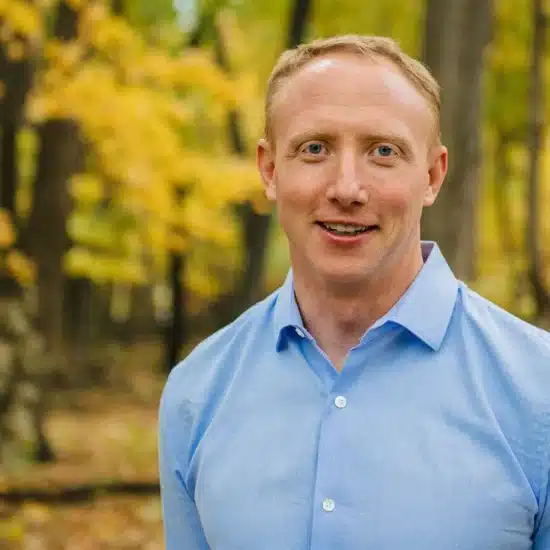Ministerial training isn't what it used to be. And much of it can't afford to be the way it was. Not if the intent is to train men and women to be effective ministers in a world that is as diverse and complicated as the one in which we live.

Bill Webb
|
Our cover package in the Aug. 18 issue of Word&Way explores the challenges of effectively providing training to ministers in a way that enables congregations and ministers to be all they can be in their particular settings.
"Equipping the equippers," this issue's cover package, suggests that theological education and ministerial training must often be very fluid and prompted in the first place by the arena in which the ministry does or will take place.
There was a day when a single model of theological preparation was deemed adequate. Would-be ministers packed up their bags and their families and headed off to seminary. They were expected to apply themselves to Greek and Hebrew, biblical and theological studies and graduate with everything they needed to effectively serve a church. That was the expectation of the seminary and the seminarian.
It worked pretty well as graduates tended to return to homogenous communities with which they were already familiar and fulfilled the expectations of the churches they served. They already knew the communities and the makeup of the congregations.
The ideal for some of those graduates was to find themselves serving a county-seat congregation, one of those seemingly problem-free congregations with ample resources and an abiding appreciation for the pastor.
Pastoral ministry has never been quite that easy.
But even a homogenous church in a homogenous community had its challenges. Today there are still some homogenous churches but few homogenous communities.
These days, effective ministry depends upon a myriad of factors. The biblical and theological foundation that has been the hallmark of seminaries forever is still important. The lack of such a foundation limits and even hurts ministry.
How to secure that foundational training varies today. Seminaries still provide it in the traditional ways with resident students gathered on centralized campuses.
But many ministers accept their calling when they are already engaged in other occupations and find themselves unable to pack up and go across the country to receive much-needed theological training. Some find a friend in technology with readily available Internet studies, quite often from traditional seminaries and other ministerial training programs.
Increasingly, seminaries are sending professors to communities of students where they live and minister, or setting up low-overhead campuses in strategic communities.
Churches are entering the arena of ministerial training, helping students focus upon the needs of and opportunities for ministry among particular populations or communities. We regularly hear and use terms like missional, contextual and cultural that suggest we carefully study and understand the field of ministry and craft training that is tailored toward the spiritual and life needs of residents.
Such an approach to ministry has its best model in the Gospels.
Increasingly, experienced ministers mentor younger or less experienced ministers in actual ministry settings, the equivalent of on-the-job training complete with evaluation and on-the-spot suggestions for avoiding pitfalls or addressing mistakes. Such programs build in ministry accountability in mentor and even in peer settings.
Of course, ministry preparation and training is no longer limited to professional clergy. Many church members find themselves reaching out in their communities in a variety of ways and discovering their own need of foundational and methodological education. Successful congregations tap into such needs, equipping the laity to minister where few professional ministers can.
Now should be one of the most exciting times in history to be a minister and to be a congregation focused upon rich and diverse communities and doing everything possible to extend a Christian presence in them.
That requires a lot of the clergy and of the laity, but the results can be life-changing for everyone involved.
Bill Webb is editor of Word&Way.






